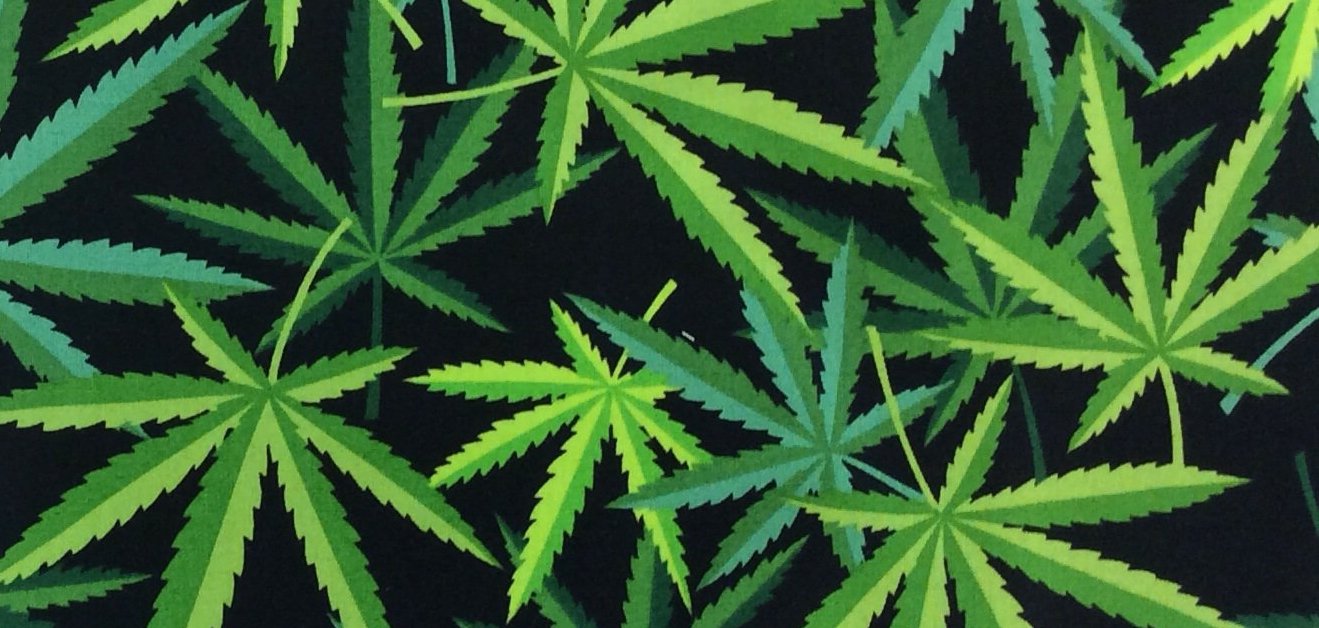Here’s a query: Let’s imagine you’re a cannabis user whose first experience with weed was inspired by a need for pain relief. Maybe you had surgery on your ACL and needed some relief during recovery, or you have migraines. Maybe this happened in California during the years when you could only get cannabis with a medical marijuana identification card. But eventually the pain subsided and you no longer needed cannabis for it… but you still like to use it sometimes.
Or let’s say you do still experience pain, so you keep visiting the weed dispensary in LA or SF or wherever you live, and you use edibles to keep it under control during flare-ups, but, like… that’s not the only time you use it. Sometimes it’s Saturday night and you’re having friends over for Dungeons & Dragons.
Or we can imagine that you use cannabis for a severe anxiety disorder – without the relaxation that cannabis brings you, it’s exhausting to leave the house, go to work, get through your day. So you make liberal use of a whole variety of flower.
All these scenarios bring to mind a common question: Where is the line between medical marijuana and recreational weed? As it turns out, the difference between the two might have massive implications for the future of cannabis in America.
Joe Biden: “Gateway Drug”
Recently, Vice President Joe Biden made headlines when he called marijuana a “gateway drug” – the old anti-drug canard that claims cannabis users typically seek out harder drugs for an ever-more-elusive high. What that means for Biden’s chances for the White House in 2020 is beyond our ability to predict. But Biden’s past comments on marijuana are cause for concern regarding regulation at the federal level.
In California, medicinal pot was legalized in 1996, but recreational pot wasn’t legalized until 20 years later. But that’s only at the state level; according to the federal government, marijuana is still very much illegal. So the next president’s position on legalization will have a profound impact on the industry’s future.
We mention Biden because he’s the biggest concern, since he’s expressed a desire to reclassify pot – meaning it would be somewhat less restricted under federal law, but not fully legalized or decriminalized. That’s… not totally a bad thing, at least in theory, since it’s tantamount to the US government finally admitting that cannabis is substantially safer than cocaine or herion, the other drugs that share pot’s current classification.
But in practice, it has the potential for disaster. Reclassifying pot from a Schedule I drug to a Schedule II drug could bring its regulation under the purview of the Food and Drug Administration – which could destroy local markets across the country.
What’s more, it would basically classify cannabis use as medical in nature, which would affect the types of claims growers and manufacturers could make about their products. It could open the door for massive pharmaceutical corporations to turn cannabis into pills or nebulizer sprays.
On the plus side, such regulation might result in better safety controls, but for a company like Grassdoor that’s properly licensed by the state of California, that wouldn’t represent much of a change. Good safe weed is available now.
But it’s fair to say Biden’s use of the “marijuana is a gateway drug” rhetoric hasn’t been playing well in the press, so it might be in our best interests to adopt a wait-and-see approach with regards to predicting his actions.
Other 2020 Candidates: Legalize It
Other 2020 candidates like Bernie Sanders and Cory Booker have expressed interest in descheduling marijuana entirely – meaning it would largely drop from the federal government’s radar, and things would continue largely as they have been – with states legalizing and setting their own standards.
These are confusing times, to say the least. There’s really no legal framework in which any kind of commodity – be it pharmaceutical or otherwise – is used both medically and recreationally. As such, it’s reasonably to suggest that regulatory bodies will make some missteps. it’s also fair to say that that cannabis culture in California could be a model for the rest of the nation – we’re currently the largest legal marketplace for cannabis in the United States.
Good News From Congress?
Some good news: There’s been movement in Congress about descheduling cannabis, and the DEA has announced it might treat the drug differently for research purposes, a possible first step toward rescheduling or (again, ideally) descheduling.
Here in California, we have it pretty good – from cannabis cafés in San Francisco to weed delivery in Los Angeles. Our legalization means users can try whatever they like, for whatever reason – medical, recreational, what-have-you. Of course, those users should still learn as much as they can – but here in the Golden State, they can do it safely and creatively, with a great community of fellow enthusiasts to guide them through the process.
But we’ll always be on edge – national drug policy is pushed and pulled and shaped by a wide variety of factors, and until cannabis is declassified nationally, growers and distributors in California won’t quite be able to rest.


